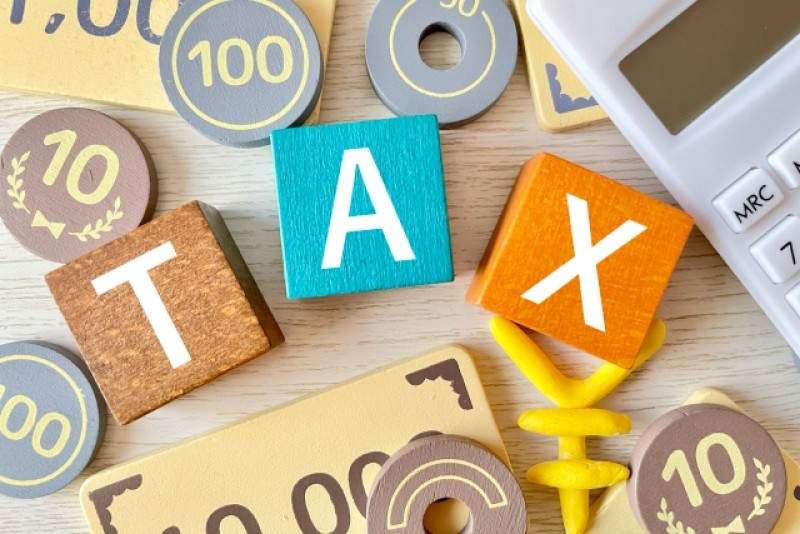IntroductionIf
you live in Japan, you are required to pay taxes, even if you’re a foreigner. It’s important to understand the Japanese tax system and fulfill your obligations to avoid issues. Here, we’ll explain Japan’s tax system and what foreigners need to know, in simple terms.
Types of Taxes in JapanIn
Japan, there are several main types of taxes you should be aware of:
Income Tax
Income tax is paid on money earned through jobs or businesses. The amount you owe depends on how much income you make each year.
Resident Tax
Resident tax is paid to the city or town where you live. This tax helps pay for local services, like public parks and community programs. The amount is based on your income from the previous year.
Consumption Tax
When you buy goods or services, a 10% consumption tax is added to most purchases. This is similar to sales tax in other countries.
Do Foreigners Have to Pay Taxes in Japan?
Yes, foreigners who live in Japan and earn income here must pay taxes. If you work or run a business, you are required to pay taxes just like Japanese citizens. Long-term residents or people who work here for a set period are also obligated to pay.
How to Pay Your Taxes
In Japan, taxes are handled in two main ways:
When Your Company Handles Taxes for You
Many companies in Japan calculate and pay taxes on behalf of their employees through a process called “Year-End Adjustment” (年末調整). If your employer does this, you usually don’t need to file a tax return yourself, as the company takes care of it.
When You Need to File a Tax Return Yourself
If you’re a freelancer, self-employed, or have multiple sources of income, you’ll need to file your taxes yourself. This process is called “Filing a Tax Return” (確定申告) and takes place between February and March every year. You can submit your return at the local tax office or file it online through the National Tax Agency website.
What Happens If You Don’t Pay Your Taxes?
If you don’t pay your taxes, you may face penalties, which means additional fees or fines. Not paying taxes for a long time can also lead to legal problems, so it’s important to take this obligation seriously.
Benefits of Paying Taxes
Paying taxes allows you to access various public services. For example, public hospitals, schools, and roads are funded by taxes. Foreigners who join Japan’s pension system can also receive benefits in the future if they meet certain requirements.
Conclusion
If you’re going to live in Japan, understanding the tax system and fulfilling your tax obligations is essential. Paying taxes allows you to access services and live securely in Japan. If you plan to stay in Japan long-term, learn about tax procedures early on so that you’re prepared. Paying your taxes properly will make your life in Japan easier and more secure.
















